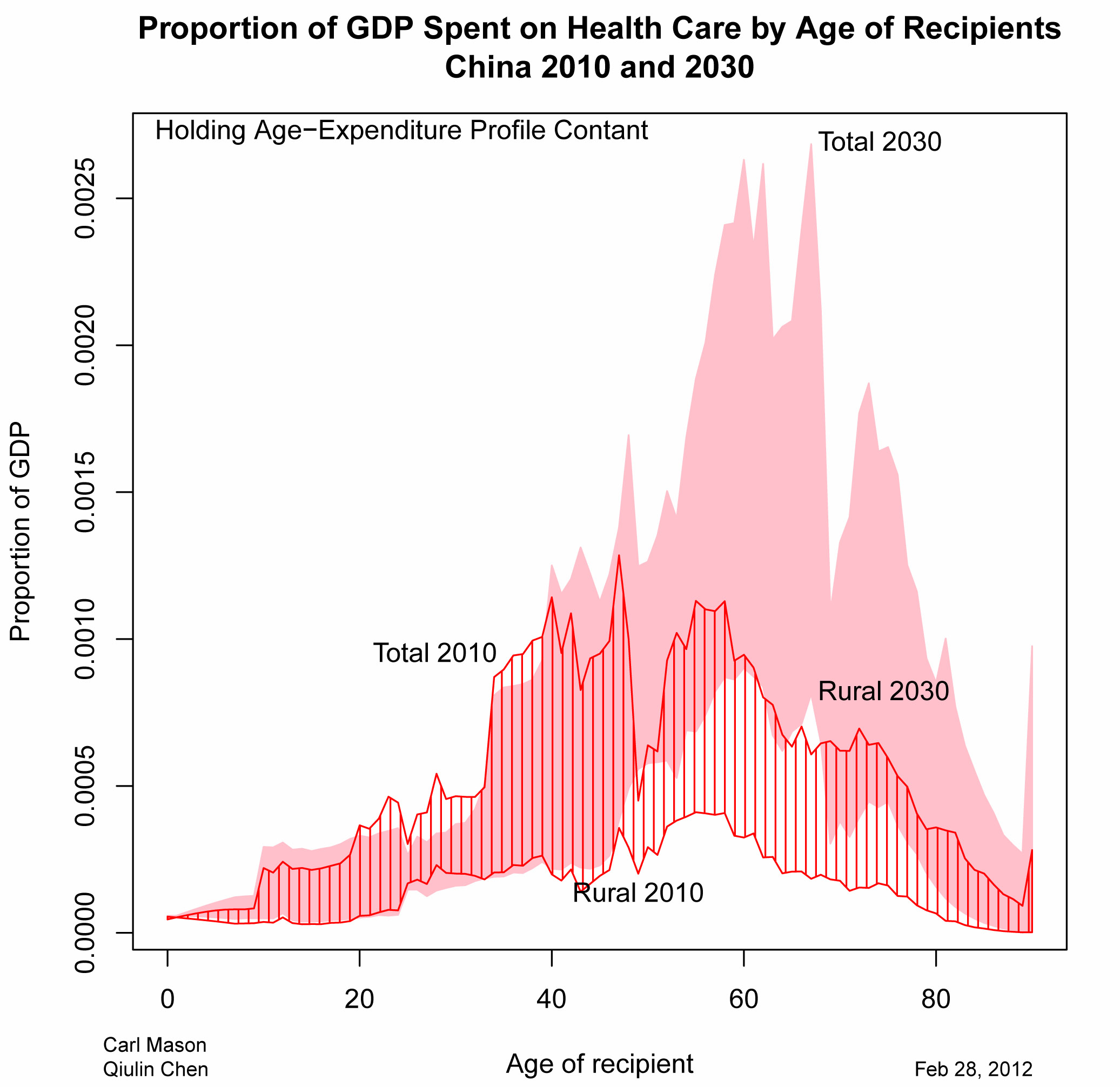![China Ramps up Healthcare Spending Minister of Health Chen Zhu answers a question during a news conference at Media Center in Beijing on Wednesday 3/6/13. [Feng Yongbin / China Daily]](https://www.chinadaily.com.cn/bizchina/images/attachement/jpg/site1/20110310/0013729e3c900ee2d0d73d.jpg)
I noted in my last post that China is opening up its healthcare system to private hospitals, foreign investment, and for-profit companies. While this shows one approach to increasing the quality and quantity of healthcare provision, privatizing more of the healthcare system will have a very interesting impact on the development of Chinese healthcare.
One motivation for encouraging the expansion of privatized healthcare is to take pressure off of public healthcare funding. This would allow the central government to focus on investing in healthcare provision for rural China, which is a part of China’s plan to increase quality of life (China.org). There is also the added benefit of providing higher quality healthcare to the middle class and wealthy individuals that will come along with more privatized healthcare.
However, it seems that increasing healthcare provision also means increasing the cost of healthcare for the government. China has already increased spending on healthcare by 27.1 percent from 2011-2012 to 2012-2013 to a total of 260.25 billion yuan (~USD 44.2 billion) (China.org). Although this only represents a fraction of China’s government spending, healthcare spending will certainly continue to increase at double digit rates as the demand for healthcare grows.

It will be interesting to see how the government deals with increasing privatization of the healthcare system. How will price controls on prescription drugs be enforced? Will there be an effective universal healthcare system? Will out-of-pocket costs go down? Will there be a movement away from the fee-for-service model that Chinese healthcare currently uses?
Additionally, greater spending on healthcare means other programs will take a back seat. Can China afford to have a well-functioning healthcare system and control environmental issues? What does this portend for China’s investment model?
These are very general questions, but I hope to fill in parts of answers in coming posts.
Do you have data on healthcare as a percent of GDP? That would help put these issues in perspective. At this point, the government can certainly afford to furnish social insurance, as taxes are low. Furthermore, demographics — the ratio of old to young — will make private provision problematic, procuring proper funding when a couple has to help 4 parents and (potentially) a grandparent or two plus their own child(ren) just won’t work.
Now Chinese politics do not yet depend on popular votes, so urban interests dominate. Any move towards a more open system will increase the rural voice, and that will mean the rural elderly. Eventually — thanks to migration — even the urban working class will want such change. But at the moment the leadership won’t reap short-term gains.
According to the WHO and China’s MOH, healthcare spending was 5.1% of GDP in 2010. I’m not entirely sure how accurate the article’s number are after looking through the WHO and MOH records on healthcare spending (they seem extremely low). However, the article may have a translation error (I cannot find the article in Chinese). I imagine the healthcare expenditure is around 5-6% of GDP considering the MOH statistics and the article’s indication of a large increase (27%) in healthcare spending.
In the graph, the pre-age-40 peak begs for explanation. Is that to cover childbirth?